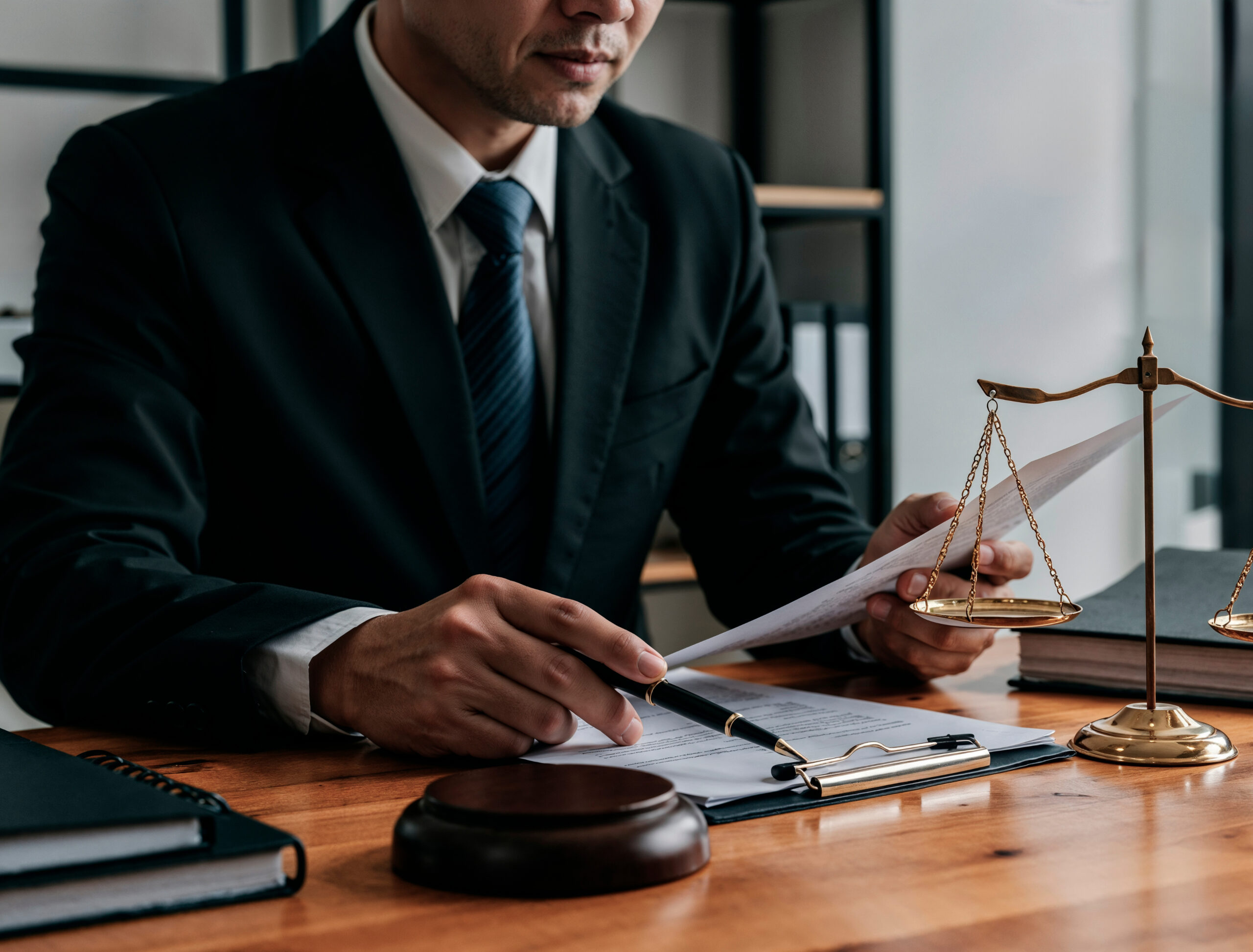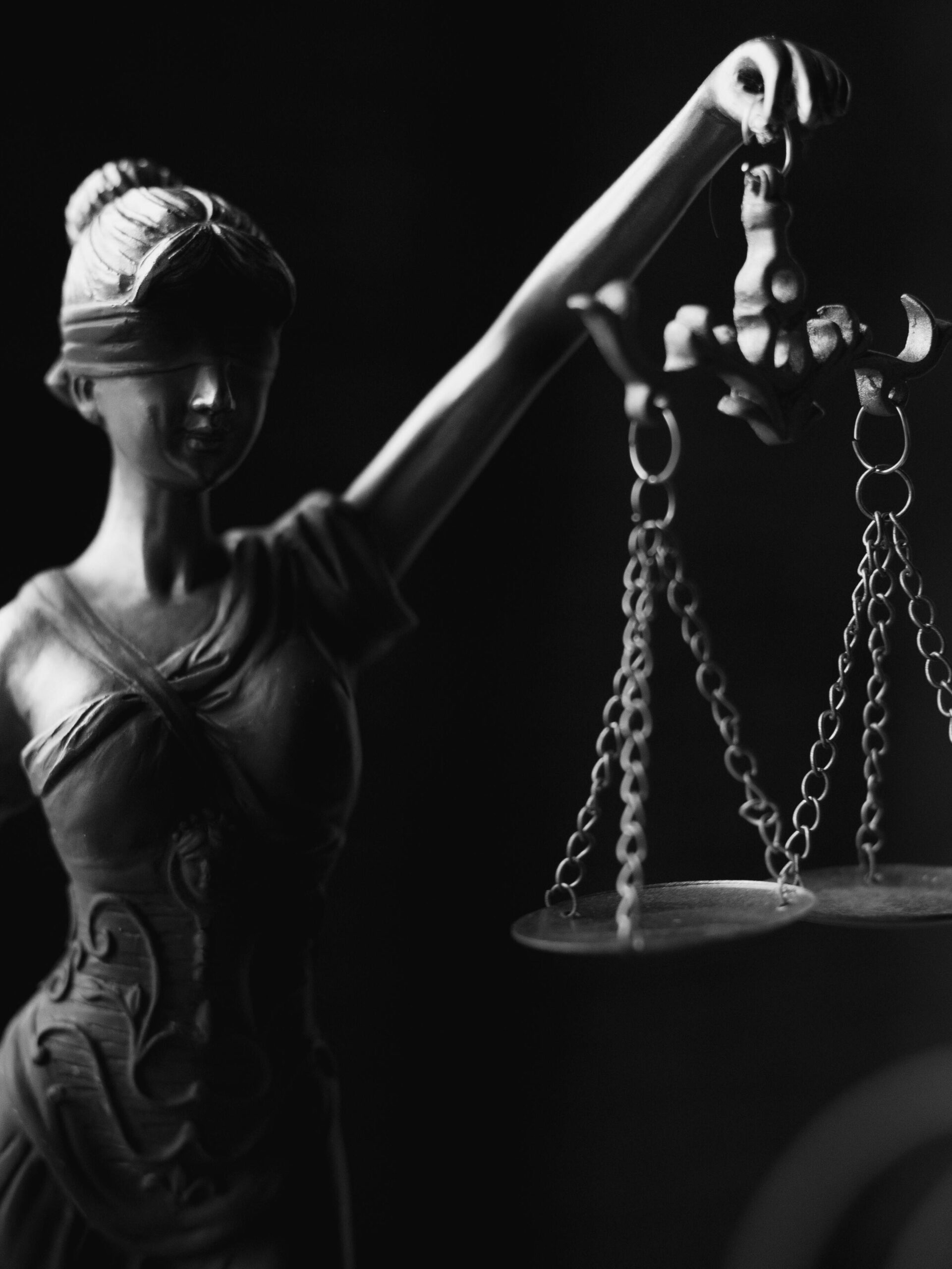table of contents
Share This Story, Choose Your Platform!
n an increasingly competitive market, your brand is one of your most valuable business assets. Whether you’re an SME, startup, or large corporation, securing your brand legally is essential. In Indonesia, the only way to ensure full legal protection of your brand is through trademark registration with the Directorate General of Intellectual Property (DGIP / DJKI) under the Ministry of Law and Human Rights.
This guide walks you through the trademark registration process in Indonesia, its benefits, and how to avoid common pitfalls.
What Is a Trademark?
A trademark is any sign that distinguishes your goods or services from others. This can include a brand name, logo, slogan, sound, or color.
In Indonesia, trademark rights are granted to the first party to register—not the first to use. This means someone else could legally own your brand if they register it before you.
Why Register Your Trademark?
Trademark registration gives you:
Without registration, you may lose your brand—regardless of how long you’ve used it.
Who Can Register?
Anyone—individuals, businesses, or legal entities—can register a trademark in Indonesia, including:

What Can Be Registered?
You can register:
-
Brand names
-
Logos
-
Taglines
-
Combination of words and designs
-
Sounds and 3D shapes (in special cases)
The Trademark Registration Process in Indonesia
Here’s a simplified, step-by-step breakdown:
Trademark Search (Recommended)
Before registering, search the DJKI database to ensure your trademark is not already taken or too similar to others.

Prepare Requirements
You’ll need:
Submit Application
Submit through the DJKI online system or via an IP consultant. Include:
Formal Examination
DJKI will review the format and completeness of your application.
Publication (2 Months)
Your application is published publicly for two months to allow objections.
Substantive Examination
If no objections, DJKI conducts a legal assessment of your trademark’s eligibility.
Registration Certificate
If approved, your trademark is registered and valid for 10 years (renewable).
How Long Does It Take?
Typically 8–12 months, depending on objections, clarity of documentation, and DJKI’s schedule. However, delays may occur.

How Much Does It Cost?
-
IDR 1.800.000 per class (non-SME rate)
-
IDR 500.000 per class (for UMKM with verified NIB UMK)
You may also incur legal or consultant fees if you appoint a representative.
Common Mistakes to Avoid
-
Registering after the brand is already in use
-
Choosing a brand name too similar to an existing mark
-
Not specifying the right class of goods/services
-
Submitting incomplete documents
-
Forgetting to renew after 10 years
Ignoring Intellectual Property (IP) Protection
Many startups overlook registering their trademarks, logos, or digital content until it’s too late—when someone else copies or registers them first.

At AUFAR & Co, we guide clients through every stage of the trademark process—ensuring faster approvals, proper classification, and legal protection that lasts. We’ve assisted brands across industries to protect what matters most: their identity.




